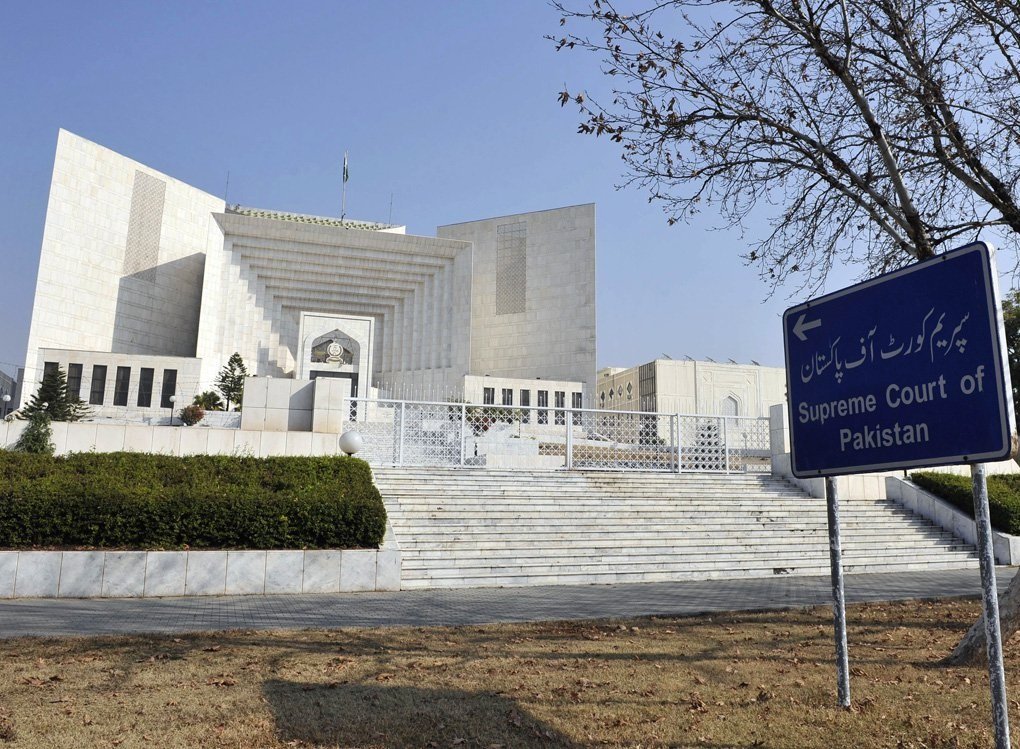
The Supreme Court (SC) dismissed a contempt of court case on Thursday against officials of the National Accountability Bureau (NAB) after they submitted an unconditional written apology.
In August last year, the anti-graft watchdog’s officials arrested Saif-ur-Rehman, owner of a private company involved in the Madaraba scandal, from the SC's premises.
The accused had come to the SC seeking pre-arrest bail. However, the NAB officials apprehended him when he reached the top court’s parking area.
A three-judge SC bench, headed by then acting chief justice Umar Ata Bandial, heard the case and ordered disciplinary action against the officials involved in the incident.
During today's proceedings, NAB officials sought unconditional apology for the arrest of the accused from the court's premises. Justice Bandial said that action was initiated against the officers for contempt of court.
Read SC raises questions on NAB's performance
The NAB counsel pleaded that the officials apologised unconditionally, assuring the court that such an incident will not happen in future. The apex court then dismissed the contempt of court case.
In earlier proceedings, the bench also sought a written reply from the NAB officers on arresting Saif-ur-Rehman from court premises.
“Who will come to the court when people are arrested at its doorstep?” Justice Bandial noted. He added that respecting the court was also necessary to ensure the rule of law. “The court’s doors are open for all whether they are guilty or not,” he remarked.
NAB Prosecutor General Asghar Haider told the court that the NAB Rawalpindi DG and NAB HR DG were present in the court and had also submitted a report on recruitment and training of employees.
Justice Bandial noted that every court should be respected. “What is the procedure for arresting the accused?” he observed.
The NAB prosecutor general told the court that the anti-graft body apologised for the incident.



1725885571-0/Tribune-Pic-(9)1725885571-0-165x106.webp)


1731565450-0/BeFunk_§_]_-(15)1731565450-0.jpg)

1731562710-0/Untitled-design-(3)1731562710-0-270x192.webp)










COMMENTS
Comments are moderated and generally will be posted if they are on-topic and not abusive.
For more information, please see our Comments FAQ